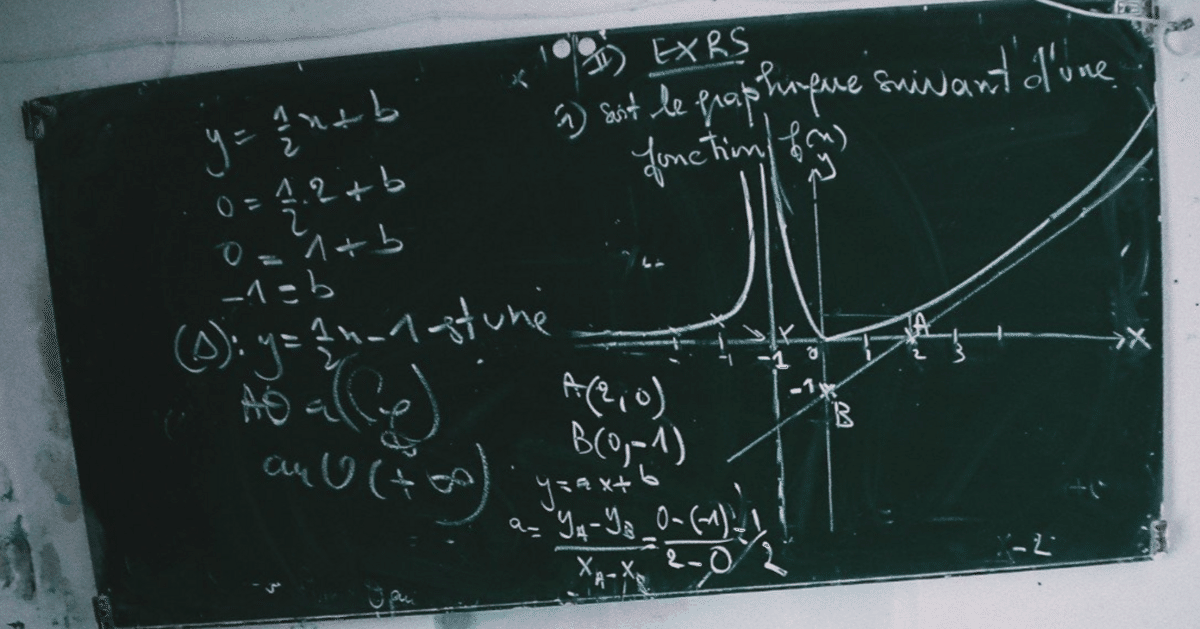
Photo by
d_tsujimoto
愛知県立時習館高校の中高一貫教育導入について考える(5):2024年12月14日(土)
ここから先は
4,804字

2024年第4四半期(10月−12月)のエネルギー問題や環境問題を中心に,現代社会の論点を考えるヒントやシーズをご提供します。京都の隠れた愉しみも随所で紹介しています。日本語と英語の2か国語で表記。
The text is presented in both Japanese and English, making it a potentially useful resource for learning both languages.
『京都居候叢書』(きょうといそうろうそうしょ)第8篇(2024年10月−12月)。京都に居候をしながら,政治経済,ビジネス,エネルギー,環…
Thank you very much!
